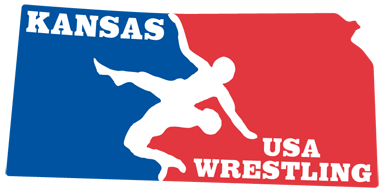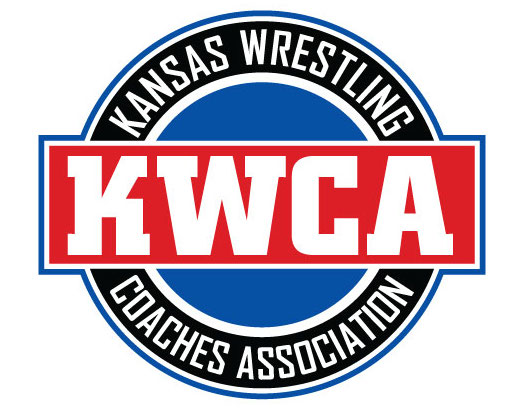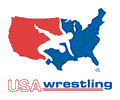South Dakota High School Wrestling Bans After Match Handshakes! Wrestling: Activities association bans after-match handshakes
By Jim Holland, Journal staff Friday, May 09, 2008
RAPID CITY — To the list of illegal holds — full nelsons, overscissors, back bows and headlocks — South Dakota high school wrestlers can add another: shaking hands with an opposing coach just after a match.
At an April meeting in Pierre, the South Dakota High School Activities Association’s board of directors voted to adopt the recommendation of an advisory panel and prohibit post-match handshakes between a wrestler and an opposing coach.
The new rule takes effect in the 2008-09 school year. Unlike other illegal moves, however, there is no penalty for shaking hands.
Bob Lowery, SDHSAA assistant executive director, said adopting the rule was more about not showing wrestlers or coaches who choose not to shake hands in a bad light, rather than discouraging sportsmanship.
“It’s not like we’re not showing good sportsmanship, because we’re shaking hands throughout the match. This is just a situation that we’re eliminating something because not everyone is in favor of doing it,” Lowery said.
“You have some coach say we’re not going to do it, so I don’t have to worry about my kids doing something stupid, and now they’re being accused of being poor sports because they don’t shake an opposing coach’s hand. We don’t want to have the perception that those that weren’t doing it were being poor sports,” Lowery said.
Lowery said the vast majority of wrestlers shake hands during the face-off at the beginning of a dual, just before a match and again immediately afterward, then again at the end of the dual, Lowery said.
“It seems like all we do in wrestling is shake hands,” he said.
Often, a coach is working with a wrestler preparing for the next match and isn’t available to shake hands, he said.
“The thought was, for consistency purposes, let’s just eliminate that handshake,” Lowery said. “There’s no penalty if they do it, it’s just that they’re not expected to.”
“I think we are still teaching our athletes about sportsmanship and the correct behavior to exhibit after a win or loss,” Rapid City Central coach Lance Pearson said. “I don’t think this is a big issue if people look at how many other times our wrestlers are exhibiting good sportsmanship.
“I have always been a coach that wanted my kids to shake the opposing coach’s hand at the end of a match to show good sportsmanship and to teach them to control their emotions whether they won or lost,” Pearson said.
“That was just me and I had no problem with those coaches, kids or teams that chose not to do this,” he said.
Douglas coach Sean Gholson believes the rule sells athletes short.
“We are telling them that they cannot be trusted to act appropriately, so we are not going to place them in a situation they cannot handle,” he said.
“If your athlete does something negative, like spitting on their hands, then that reflects on your program directly. Coaches are teachers also, and the athlete needs to know what they did was wrong and own up to it, by either apologizing or sitting out the next contest, or whatever the coach sees as necessary,” Gholson said.
“You teach your athletes to be respectful in victory and defeat,” he said.
Sturgis coach Steve Keszler said the sport continues to maintain a high level of respect among athletes and coaches.
“I can’t even recall one (incident) that would be big enough to say it was a problem,” Keszler said “I’ve coached for 17 years and never had a problem.
“Will a kid come over and give you an honest handshake? Not always. I understand if they want to slap my hand sometimes if they just lost a big match. It’s an emotional sport,” he said.
“I’ve also had to bite my own lip and count to 10 real quick before the kid came over, because I thought that maybe we lost because he stalled or something like that, but I had to be a professional, slap the kid on the back and say ‘nice job,’” he said.
Like Keszler, Rapid City Stevens coach Brian Moser said he has never had an issue with poor sportsmanship.
“I believe it shows great character to walk across the mat and shake the other coach’s hand,” Moser said. “I have always thought that wrestling was a sport that you not only wrestle your opponent, but you are wrestling the other coach as well.”
This is not the first time that post-match handshakes between wrestlers and coaches have been prohibited, Keszler said.
“This has flip-flopped twice. There was another time when you couldn’t do it, then everybody complained and it got changed back to where it was allowed. Now eight or ten years later, it’s not allowed.
“If you wait eight more years, it’ll be changed back,” he said.







